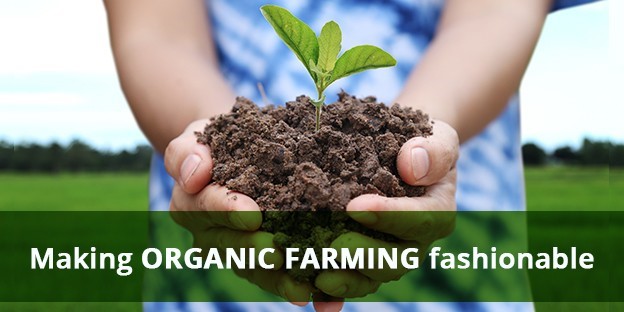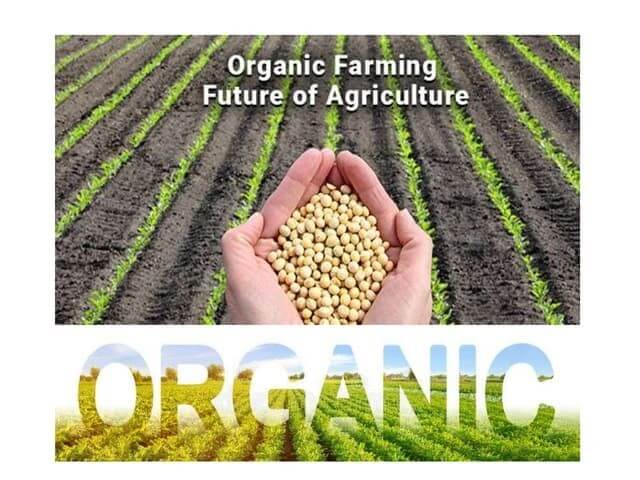
BY ANIL MATHEW VARGHESE ORGANIL SERVICES (DEDICATED ORGANIC CERTIFICATION CONSULTANCY) Contact Number +91 860655135
When engaging in organic farming or seeking organic certification, farmers need to pay attention to several critical aspects. Here are some key considerations:
- Soil Management: Organic farming places significant emphasis on soil health and fertility. Farmers should focus on building and maintaining healthy soil through practices such as crop rotation, composting, cover cropping, and minimizing the use of synthetic fertilizers or chemical inputs. Soil testing can help determine nutrient levels and guide appropriate amendments.
- Pest and Disease Management: Organic farmers rely on natural methods of pest and disease control. Implementing integrated pest management (IPM) techniques, such as beneficial insect release, crop diversification, physical barriers, and cultural practices, can help manage pests without synthetic pesticides. Regular scouting and monitoring are essential to identify potential issues early on and take appropriate preventive or remedial measures.
- Weed Control: Managing weeds is a crucial aspect of organic farming. Farmers can employ techniques like crop rotation, mulching, hand weeding, mechanical cultivation, and flame weeding to control weed growth. It is important to prevent weed competition with crops without relying on synthetic herbicides.
- Input Selection: Organic standards have specific guidelines for inputs used in farming. Farmers need to be attentive to the permitted substances, including fertilizers, soil amendments, pest control products, and livestock treatments. Only approved organic inputs should be used, and non-organic synthetic inputs are generally prohibited.
- Record-Keeping: Maintaining detailed records is essential for organic certification. Farmers should keep records of field activities, such as planting, harvesting, inputs used, and pest management practices. These records help demonstrate compliance with organic standards and provide transparency during inspections.
- Crop and Livestock Management: Organic farmers should prioritize the well-being and natural behaviour of animals in livestock systems. This includes providing organic feed, access to outdoor areas, proper housing conditions, and avoiding the routine use of antibiotics or growth hormones. Crop rotation, maintaining genetic diversity, and selecting appropriate organic seed varieties are also important considerations.
- Organic Certification Process: Familiarizing oneself with the organic certification process and understanding the specific requirements of the certifying agency is crucial. Farmers need to submit an application, undergo inspections, and adhere to the standards set by the certification body. It is important to stay updated on any changes or updates to organic regulations.

It is recommended that farmers consult with local organic farming organizations, extension services, or agricultural experts who can provide guidance specific to their region and help navigate the organic certification process successfully.
Stay updated with the latest farming tips and agriculture industry news from Africa by subscribing to our newsletter. Don’t miss out on valuable insights and updates. Follow us on Twitter, LinkedIn, and Facebook to join our farming community and stay connected with us.




















Leave a Reply